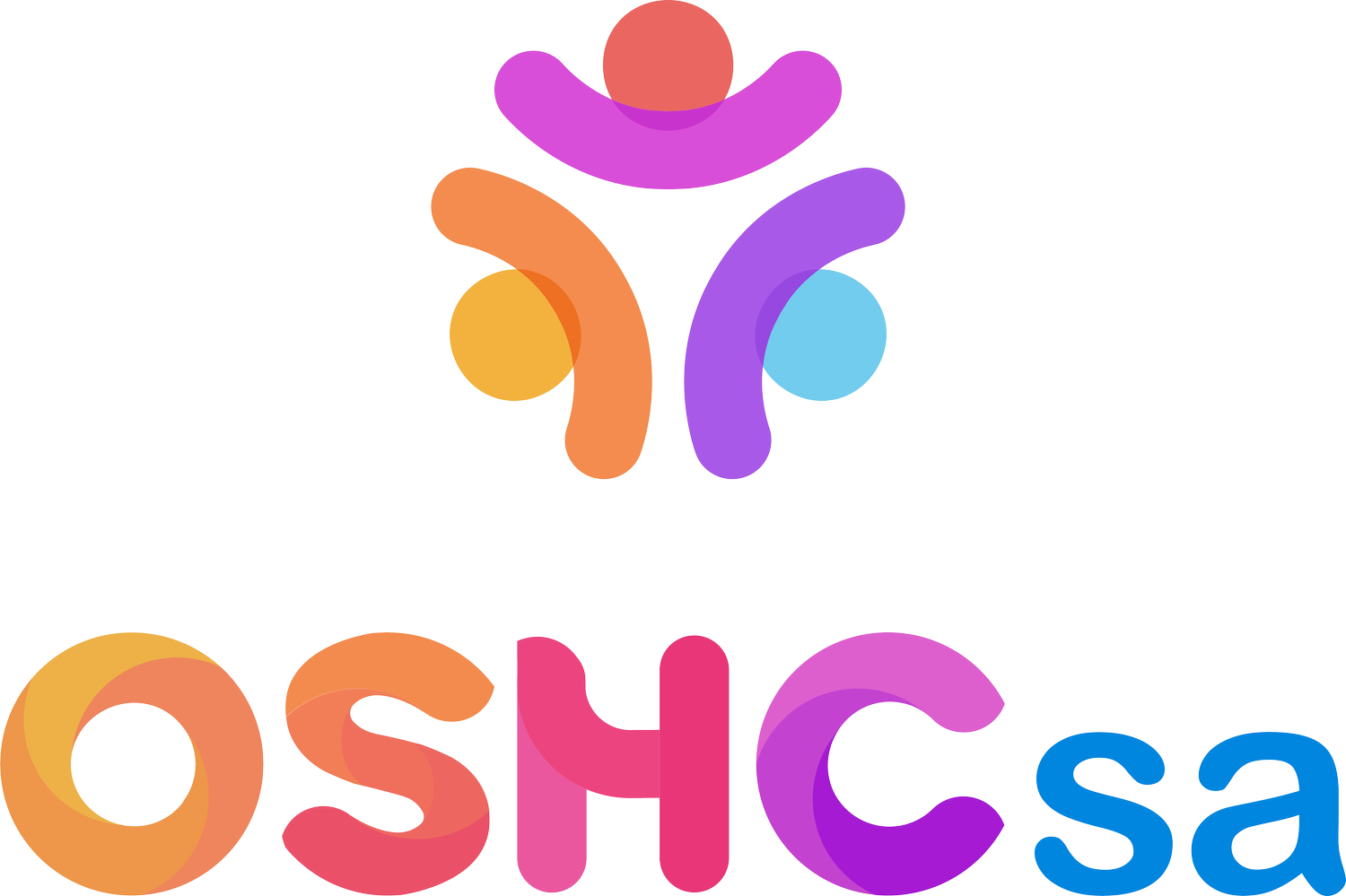BE YOU + NATIONAL OSHC EDUCATORS DAY
To commemorate National OSHC Educators Day this year OSHCsa hosted an event on wellbeing for OSHC educators, with a presentation by Be You. The theme: wellbeing- it’s what they do! National OSHC Educators Day was celebrated on the 27th of July.
Be You is a ‘national mental health in education initiative delivered by Beyond Blue in collaboration with Early Education Australia and Headspace’. Check out beyou.edu.au.
My colleague JM and I attended the event with other OSHC educators from around the state and we enjoyed seeing new and familiar faces from the sector in person again, after the limitations of the erm, pandem.. ahem, all that has been going on lately!
Key points I took from the presentation:
By taking care of yourself you can be better at taking care of others
It’s a challenge to function well as a parent if you are not taking care of yourself
Not looking after yourself can flow into other areas of your life
Healthy habits are important- eat well, sleep well, exercise, and make time for self care
Don’t be too hard on yourself, reach out for support
Healthy workplace- create/nurture a workplace culture where anyone can feel comfortable to be open and honest about their wellbeing
Know your own limitations and be okay with that
Our presenter Chris shared the following short video and as a group we discussed resilience, co-regulation, gratitude practice, and what we currently do to look after ourselves.
We were given a bunch of resources including Be You’s Wellbeing Plan for Educators and a wellbeing check-in poster, which I have pinned up in our office. OSHC Educator wellbeing will be the theme of our next staff meeting and during that time we’ll critically reflect on wellbeing in our workplace and develop the Wellbeing Plan, which will likely become the basis of a policy to share with our school leaders and governing council. We’ve now registered our service to become a Be You Learning Community too. Perhaps this or something similar might interest you for your service, workplace or home. You should check out beyondblue.org.au and headspace.org.au, for young people.
Towards the end of the session, Chris encouraged us to look into mindfulness/meditation and recommended using the free Smiling Mind app. The app is based on evidence and research and is great for children and families. If you would like to learn more about mindfulness/meditation, check out smilingmind.com.au. I pay a subscription for neuroscientist, philosopher and author Sam Harris’ mindfulness app called Waking Up, and get a lot out of it. Do you use a similar app or have a similar practice?
If you didn’t know already, there’s no shame in feeling out of sorts and reaching out to someone for support. Did you know that I’ve been dealing with anxiety in the time that you have known me? I know that I’m not the only one! Placing more of an emphasis on our culture of wellbeing in workplaces seems to me to be exactly what we should be doing, particularly as we move through the umm, pande.. ahem, the uncertainty of things that are going on in the world!
I’m okay by the way, and I have support all around me. I hope that you do too. If you’re struggling, reach out. Check out lifeline.org.au. If you’re a young person and need help, for any reason, check out kidshelpline.com.au.
In addition to all of the services and resources mentioned here, Aboriginal and Torres Strait Islander people can also access crisis support and wellbeing services through the 13YARN crisis support line and Nunkuwarrin Yunti of South Australia.
There are a number of fantastic people in our OSHC and school community who are involved with similar things in similar spaces including Richie Welch, the founder of a men’s wellbeing organisation and podcast called The Next Step Australia, Joanne Hatchard of Better Being Me, who supports neurodivergent parents and parents of neurodivergent children, and Michelle Hogan who does work with Kindship, a social networking app built by and exclusively for parents raising children with disabilities, delays and neurodiversity.
If you reading this have any other great ideas or resources to share, please leave a comment.
If you’re an OSHC educator, your work with children and families really is valuable. Thank you!
Look after yourselves out there, and each other, people!
AO

